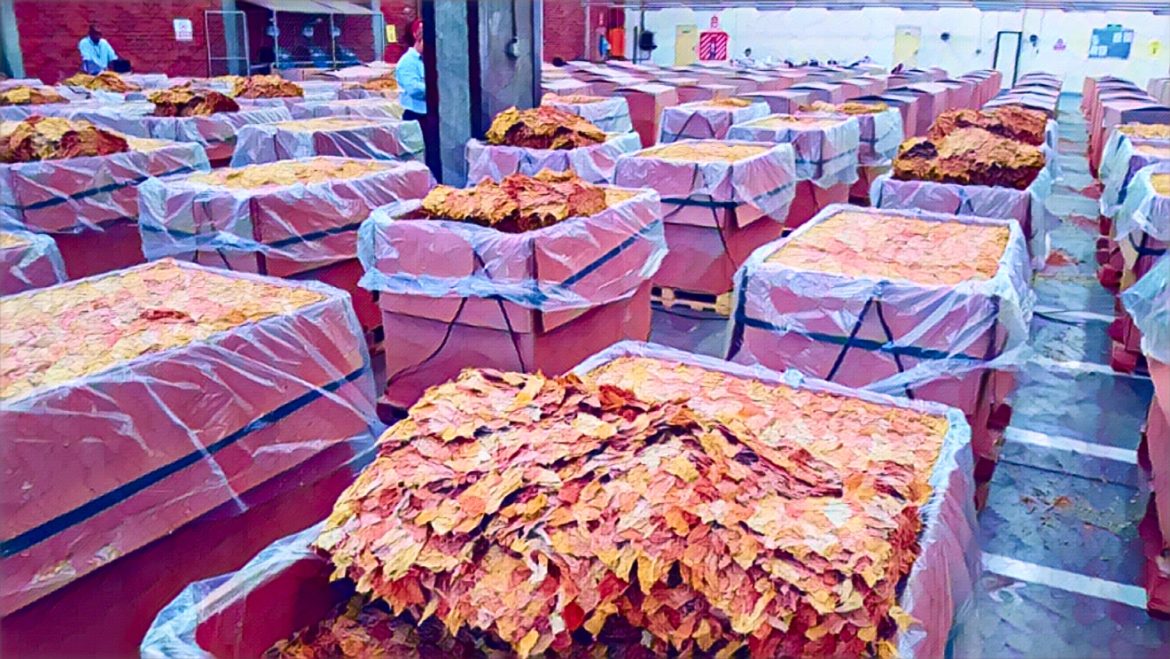KEY POINTS
- Zimbabwe is one of the world’s largest tobacco producers, contributing 10% to its GDP.
- Zimbabwean tobacco is highly prized worldwide, with China as the top buyer.
- The tobacco industry faces challenges like deforestation, climate change, and declining global demand.
Zimbabwe is one of the largest tobacco producers in the world, and the crop is the foundation of its economy. In addition to supporting local livelihoods, the tobacco it exports has an impact on the global market, affecting supply chains and prices in distant corners of the world.


